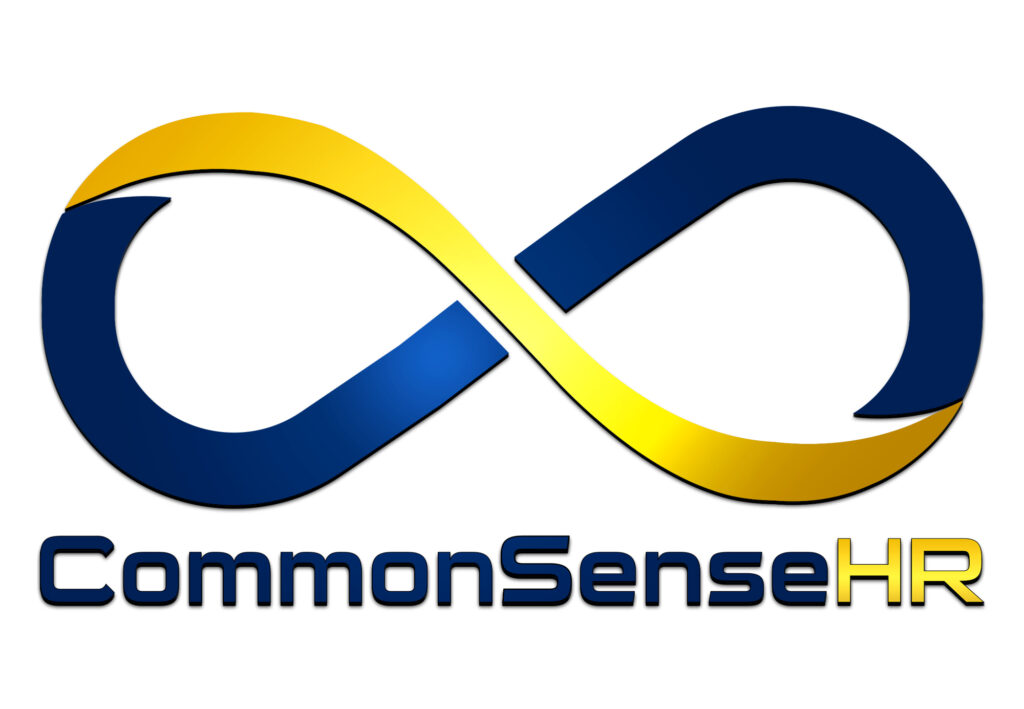Part Two: Understanding Self-Management
Part One in this series on New Year’s Resolutions and Motivation addressed the importance of self-awareness and the need to recognize what is truly important to us as individuals. This is the first step to practicing emotional intelligence. Part Two is about self-management and the possible reasons we don’t follow through on achieving our goals.
For example, when considering steps to following a career path, we likely have realized the importance of making connections through networking. Or perhaps we want to start our own business and know that to be successful we will need to make sales calls. Our budget is limited and for a while at least, we will need to look after promoting the business ourselves. However, we may not be comfortable with the rejection that is sure to be a part of networking and making calls. So, we avoid doing what is necessary to get the results we want.
This is where short term and long-term thinking comes in to helping us with decision making. Our brain is wired to seek pleasure and avoid pain. For instance, why do we brush our teeth, go to the gym or work on our physical appearance? Because we are trying to attain pleasure and/ or avoid pain.
The problem is that the closer a possible outcome or perceived consequence is to the present moment, the more we attach pain or pleasure to it. Consequently, pain tomorrow is not as powerful a motivating force as is pain today. The further away the likelihood of pain or pleasure is, the less motivating it becomes. The thought of possible pain in ten years time is less motivating than knowing that pain could be a factor a week away. This is often why many people have a difficult time saving money, and often over-spend in the present, even though there are obvious benefits to delaying immediate gratification.
Every decision to seek pleasure or avoid pain contains both an emotional and a rational aspect. Think of a situation where you are faced with the offer of one too many mouth-watering desserts. The intellectual brain (IQ) thinks we should say no, yet the immediate thought of emotional pleasure or comfort, without conscious thought of the benefits of delaying immediate gratification, can easily win out over what we intellectually know to be the right choice. The survival part of our brain unconsciously takes over by dictating how to act now rather than to wait for a future reward.
The Comfort Zone principle was referred to in my previous article “New Year’s Resolutions and Motivation-Part One” and being in our comfort zone is naturally pleasurable. Delaying immediate gratification therefore means we need to resist short-term temptations that become distractions from our long-term goals. By delaying immediate gratification, we receive huge benefits such as a sense of having more control over our life, our decisions and our actions. We begin to build an appreciation for the work and effort required to accomplish our long-term goals, and our self-regard and self-esteem increases. By strengthening our mind this way, we help to shape our character and develop the hardiness and resilience so necessary in these rapidly changing times. The momentary discomfort we might feel from delaying immediate gratification becomes a small price to pay for the greater rewards described here.
To practice emotional intelligence, we need to embrace and integrate both EQ and IQ because it is by doing so that we develop those traits so necessary to become successful. In my next article (Part 3) I will speak about the strategies we can use to develop self-management. This will involve practicing emotional intelligence by getting the emotional brain and rational brain to work together.
Until next time then…


